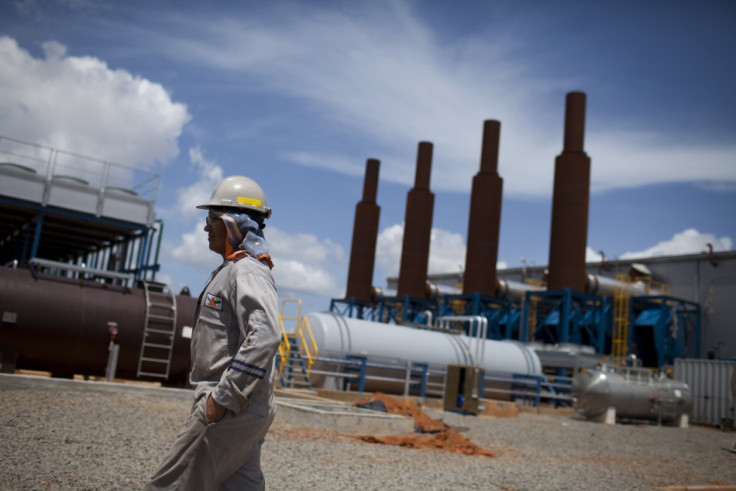Oil price slide: Moody's estimates who is worst hit and who benefits most

All the oil exporters do not face the same degree of negative impact of the oil price slide, and similarly, major importing countries see the positive impact of lower prices in varying degrees, Moody's Investors Service said on Wednesday.
Russia and Venezuela are the worst hit among exporters as they depend heavily on the oil revenues while countries such as Saudi Arabia are better placed as they have better fiscal buffers. Mexico will also be resilient given its limited exposure to oil in its external accounts and its conservative budget policy, Moody's said.
Among importers, India and Indonesia will benefit the most out of the crude oil plunge with high inflation and large import bills currently weighing on their growth prospects, the rating agency said.
"Oil-exporting countries heavily reliant on oil revenues and committed to large spending programs are most likely to have difficulty accommodating low oil prices," the 10 December press release showed.
Moody's said lower oil prices will, on balance, be a positive for global economic growth in 2015, although the exact impact will vary from country to country.
Last month, Moody's revised its oil price forecast down to between $80 and $85 a barrel in 2015, approximately $20 lower than its May 2014 estimate. Oil prices remain high by historical standards, despite a nearly 30% fall in crude oil benchmarks since June, the rating agency said.
Moody's warned that the challenges for oil-exporting sovereigns would be worsened if crude oil prices were to fall significantly below its forecasts.
"In either case, the sovereigns that are best placed to withstand those challenges will be those that have the greatest policy flexibility and a wide array of counter-cyclical policy tools, including floating exchange rates and large foreign exchange reserves," said Lucio Vinhas de Souza, a Moody's Managing Director.
Russia and Venezuela would fall into the category of the worst affected because they derive a large share of revenues from oil and have large recurring expenditure that may be politically challenging to cut, according to Moody's.
For China, a $60/barrel oil price would benefit private consumption and economic rebalancing, and somewhat moderate the ongoing growth slowdown. In the US, that kind of a price and increased domestic production would support the balance of payments and private consumption via increased spending power, the rating agency said.
© Copyright IBTimes 2025. All rights reserved.





















